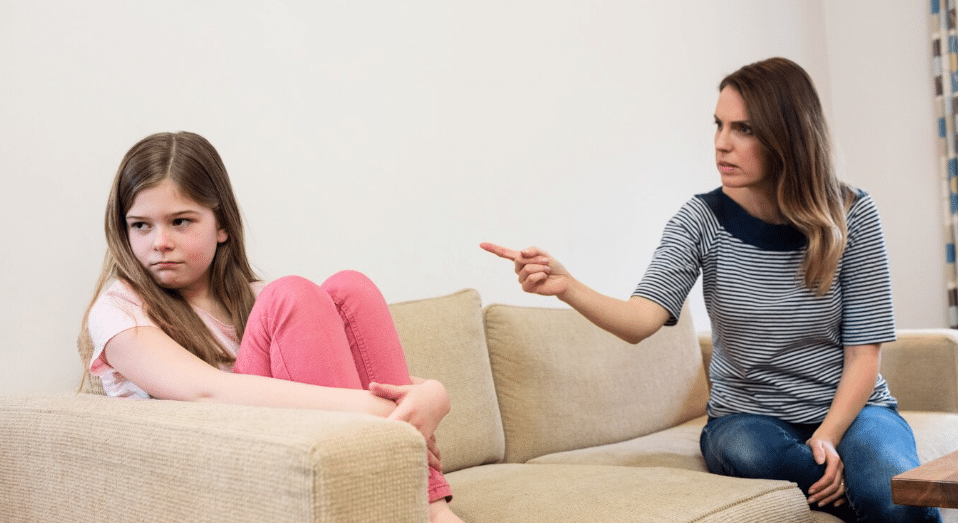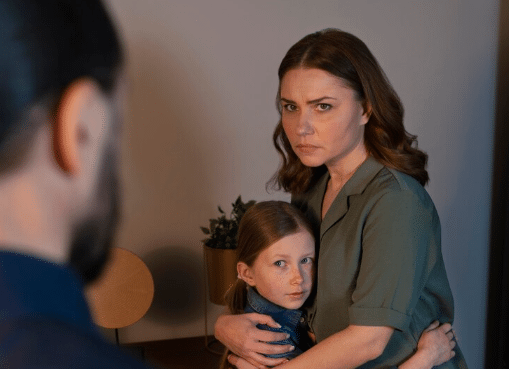Parental alienation is a serious issue with potentially far-reaching consequences. It’s vital to understand what parental alienation disorder is, how it manifests and what you can do about it.
- What is parental alienation?
- What are the origins of the concept?
- What behaviours are typical of Parental Alienation Syndrome?
- What are the effects of parental alienation?
- How can you deal with parental alienation?
What is parental alienation?
Parental alienation negatively impacts a child’s relationship with one parent. It refers to alienating parents and manipulating children into fearing, disrespecting, or showing hostility towards one parent. This manipulation is designed to foster the child’s rejection of the parent. This prevents the alienated child from developing a meaningful relationship with that parent. This goes against one of the core tenets of the Family Law Act.
Parental alienation is primarily used in the context of child custody disputes. It can be considered emotional child abuse and coercive family violence. It often requires the help of mental health professionals to resolve.

For assistance with parenting concerns, property distribution, divorce, and other family law matters, contact Ferrall & Co. Lawyers for a free 30-minute consultation.
What are the origins of the concept?
The concept of parental alienation originated in the 1980s. Dr. Richard Gardner introduced “Parental Alienation Syndrome” (PAS). It described children unjustly rejecting one parent. Gardner’s work sparked debate and research. Critics and supporters emerged, discussing its validity. The term became prominent in child custody disputes. Today, it’s recognised in many legal jurisdictions.
What behaviours are typical of parental alienation syndrome (PAS)?
There are various behaviours exhibited by the child and the alienating parent that typify PAS.
Parental behaviours
- Speaking negatively about the other parent to or in front of the child.
- Restricting the child’s time and communication with the targeted parent without valid reasons.
- Interrupting or monitoring phone calls, texts, or visits between the child and the targeted parent.
- Sharing details of the marital relationship or reasons for the divorce with the child.
- Making the child choose sides or prefer one parent over the other.
- Discrediting the other parent’s decisions, rules, or parenting style.
- Suggesting or implying that the child is unsafe with the other parent without evidence.
- Not sharing essential details about the child’s life, like school events or medical issues, with the other parent.
- Encouraging the child to use first names or step-parent titles instead of “mom” or “dad.”
- Making unfounded allegations against the other parent, such as claims of abuse or neglect.

Child behaviours
- The child strongly resists contact with one parent without a justified reason.
- The child gives weak or absurd reasons for rejecting the targeted parent.
- The child exhibits an extreme polarisation, idealising one parent and devaluing the other.
- The child insists that the negative feelings are entirely their own, not influenced by the alienating parent.
- The child automatically sides with the alienating parent in conflicts.
- The child shows no guilt or remorse for their behaviour towards the rejected parent.
- The child’s complaints often mirror the alienating parent’s statements, suggesting coaching or influence.
- The child’s hostility towards the targeted parent extends to that parent’s extended family and friends.
- The child may make unfounded allegations of abuse or neglect against the targeted parent.
- The child may isolate themselves from situations or people that remind them of the targeted parent.

What are the effects of parental alienation?
Parental alienation has many adverse effects on children and the alienated parent. Some expected consequences include the following.
Effects on Children
- Emotional distress and confusion.
- Damaged self-esteem and self-worth.
- Trust issues in relationships.
- Anxiety and depression symptoms.
- Academic and behavioural challenges.
- Potential for substance abuse.
- Difficulty in forming healthy bonds.
- Chronic guilty feelings.
- Lost familial ties.
- Long-lasting psychological harm.

Effects on Parents
- Emotional pain from rejection.
- Damaged parent-child bond.
- Legal struggles and financial burdens.
- Feelings of powerlessness.
- Mental health challenges.
- Social isolation.
- Reputation harm from false claims.
- Disconnection from extended family.
- Persistent stress.
- Tensions with other offspring.

For assistance with parenting concerns, property distribution, divorce, and other family law matters, contact Ferrall & Co. Lawyers for a free 30-minute consultation.
How can you deal with parental alienation?
There are several ways to combat parental alienation. Professional counselling and legal assistance ensure you navigate these issues effectively.
Professional counselling
Seek specialised counsellors. Start by finding a counsellor who understands the nuances of parental alienation. An experienced professional will be better equipped to handle the specific challenges of these cases.
Commit to the process. Engage with the counselling process fully and consistently. Parental alienation issues often take time to resolve, and progress can be slow and non-linear. Attending sessions regularly and following through with the counsellor’s recommendations is crucial.
Embrace individual and family therapy. Individual therapy can help you deal with your feelings and improve your coping strategies. Family therapy is essential for addressing the dynamics that contribute to alienation. It provides a platform for each family member to express their feelings in a safe and controlled environment.
Follow communication strategies. Counsellors can provide strategies that help you talk to your child in a non-confrontational and supportive way. These strategies are designed to rebuild trust and open lines of communication.
Encourage child participation. Gently encourage your child to participate in counselling sessions. It’s crucial that they feel it’s a safe space to express their feelings and that their voice is heard.
Implement co-parenting techniques. Counselling can offer techniques for effective co-parenting, even in high-conflict situations. These techniques are designed to create a more stable and less confusing environment for the child.
Understand your child’s perspective. Use therapy sessions to gain insight into your child’s feelings and perspective. Understanding their experience is critical to addressing the root causes of alienation.
Rebuild trust in a therapeutic setting. The neutral territory of a therapist’s office can be the ideal place to start rebuilding trust with your child. The counsellor can facilitate activities and conversations that help strengthen your relationship.

Legal action
Consult a family lawyer. Begin by consulting with a lawyer who has experience with parental alienation cases. They can guide your situation and help you understand your legal options.
Document instances of alienation. Keep a detailed record of all instances that you believe constitute parental alienation. This documentation should include dates, times and descriptions of incidents. Include any communication that may support your case.
Seek a court-ordered psychological evaluation. If you suspect that your child is being subjected to parental alienation, you can request a psychological evaluation. This can help to formally identify the presence of alienation and its effects on your child.
File a request for modification of custody or visitation orders. If you already have custody or visitation orders, you may need to file a request to modify these orders based on the evidence of alienation.
Pursue court-ordered family therapy. You can request that the court order family therapy. This can be an effective way to address the underlying issues causing the alienation. You can then work towards repairing the parent-child relationship.
Ask for explicit court orders to prevent alienating behaviours. You can ask the Court to make specific orders to prevent the other parent from engaging in behaviours that contribute to alienation.
Ensure enforcement of court orders. Once orders are in place, it’s crucial to ensure they are enforced. Non-compliance can sometimes lead to legal consequences for the alienating parent.
Consider requesting supervised visitation. You might request that visitation be supervised to ensure the child’s time with the other parent is free from alienating influences.
Stay compliant with current court orders. While you seek remedies, it’s important to remain compliant with any existing court orders. Non-compliance on your part could negatively impact your case.

Conclusion
Parental alienation syndrome is a pressing concern. However, with the proper knowledge, you can identify and deal with it effectively. Your child’s best interests should always be the priority. If you believe they are at risk of harm, contact the police immediately.
Ferrall and Co. Lawyers have many years of experience working with parents. Our team can assist you in developing an agreement and creating a plan. Contact us today for a free consultation.






